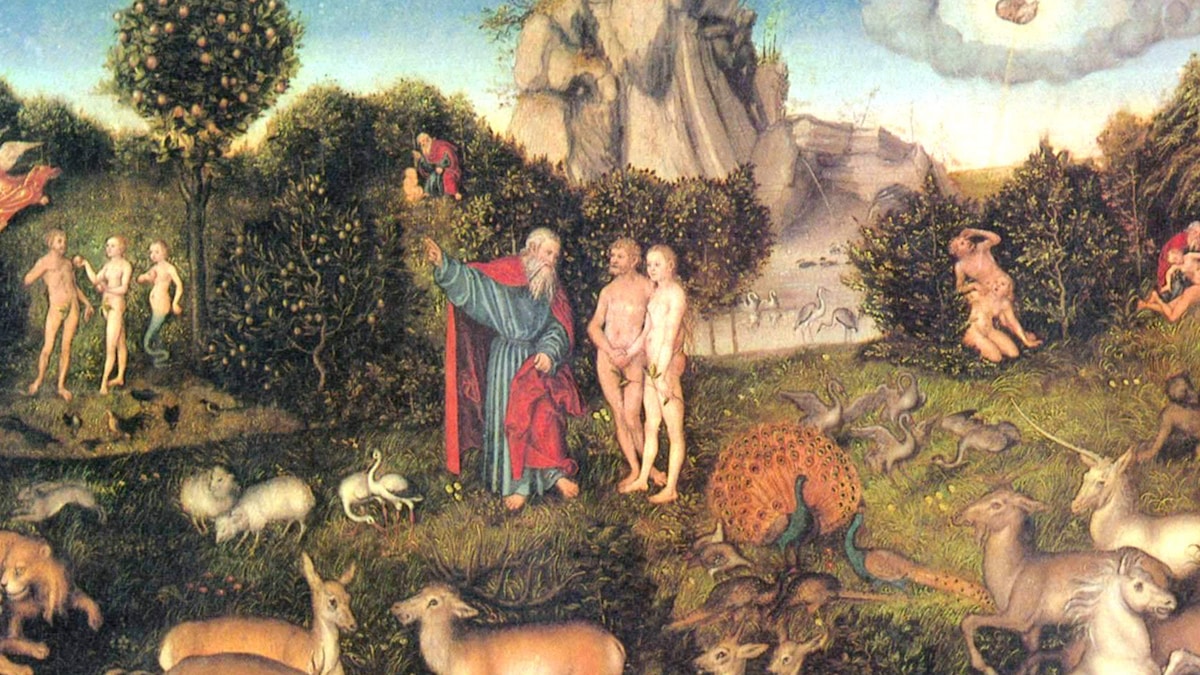When it feels as if the sky is falling in and the end is near; when we are close to giving up, then, most of all, we must more ardently seek the love of Christ and cling to His mercy.
If understanding in our hearts that unconditional love is difficult without God’s supernatural intervention, then grasping His mercy is equally challenging. What is mercy? It is defined by our Church as “the loving kindness, compassion, or forbearance shown to one who offends.”
The word “mercy” appears in Scripture 149 times. We know, most of us, the beatitude in Matthew’s gospel.
Matthew 5:7 “Blessed are the merciful, / for they will be shown mercy.”
The Father wants us to be instruments of mercy.
Luke 6:36 “Be merciful, just as [also] your Father is merciful.”
In the Old Testament, God’s mercy is explained in in the book of Exodus.
Exodus 34:6 “So the LORD passed before him, and proclaimed: The LORD, the LORD, a God gracious and merciful, slow to anger and abounding in love and fidelity.”
Mercy is closely related to the love of Christ. I believe it is the cousin of love. Because of Christ’s love, we receive His mercy. To endure trials and hardships, we must remember that we are not alone. The first step is to be open in our hearts to receive this truth: our all-merciful God loves us passionately and completely, for all of eternity.
But while trusting completely in His love, we must accept that He does allow trial and tribulation in our lives as a consequence of sin. We must learn to accept and even embrace these sufferings so that we may draw closer to Him and receive His blessing. The saints offer us many examples of this.
St. Rita of Cascia (1381-1457), for example, like St. Jude a “saint of the impossible,” was first a wife and mother, then when widowed became a member of an Augustinian community. She suffered much in her life, including the murder of her husband and the deaths of her two sons. When she saw the spiritual benefits of her sufferings she asked Christ to allow her to share more in His sufferings, so God permitted her to have one thorn wound on her head, which remained for the rest of her life. Her intercessory power grew, as her prayers brought healings, deliverance from Satan and other favors from God. A sign of her sanctity, years after her death her body was disinterred and was found to be incorrupt.
Please take time to meditate before the Blessed Sacrament and open your heart to receive the love of Christ as St. Rita did. When we do that, we gain the strength and courage to withstand the enemy’s attacks and ease our own doubts and fears to find hope. When we hope, we are transformed by the love of Jesus. When we love God, we dwell in His presence.
John 14:23 “If a man loves me, he will keep my word, and my Father will love him, and we will come to him and make our home with him.”
The love of Christ dwelled in the heart of St. Kateri Tekakwitha (1656-80). She lived a hard life that would have led many to anger, bitterness and despair. But Kateri was instead transformed by the love of Jesus.
She was born in New York, the daughter of a Mohawk warrior. At age four, her family contracted smallpox, which killed her parents and brother. She recovered but was scarred for life. In fact, she would cover herself with a blanket to hide the scars.
She converted to Catholicism at age 20 through the influence of Jesuit missionaries. She was persecuted for this decision, however, as some of her fellow Mohawks, including her uncle who adopted her, hated the Catholic faith. She was able to join a group of Catholic Indians in Canada, and devoted her remaining years to prayer, good works and penance. One of her penances was putting a thorn in her sleeping mat. She prayed for forgiveness for her tribe.
The “Lily of the Mohawks” was especially dedicated to Christ in the Eucharist. When Kateri died, despite her life of hardship, her final words were “Jesus, I love you.” A sign of her sanctity, it is said that the smallpox scars healed after her death. (In a related saint story, I personally spoke to a priest-friend of Padre Pio who, upon attending his funeral and passing by the body, noted that the stigma, or wounds of Christ, on Padre Pio’s hands had healed.)
She became the first American Indian declared a saint. Like her, we must let the love of Christ transform us.
I have found that in the times I experience the greatest pain and adversity, God gives me the greatest opportunity to spread the word of God. Sharing my faith with others is a critical part of giving mercy. My attitude of despair changes immediately when I begin to share my faith in joy regarding the Good News of Jesus Christ—His mercy, forgiveness of sin and redemption. I see the looks on people’s faces as I tell them, “There is no condemnation for those who love Christ Jesus.” Their own pain begins to change as they accept the mercy of Christ.
I had a job that often required me to fly “red-eye” flights from Los Angeles International to Boston’s Logan airport, landing about 5:30 a.m. Grumpy and full of complaining, I would get off the plane and start my long walk to the rental car office.
Along the way, I would pass by a man shining shoes. I got in the habit of stopping and having him work on my shoes. We would talk about life and family. He was always in a great mood. I asked him why one day. His response: “I always have a great day because each day I am devoted to helping other people have a great day.”
I have never forgotten that spiritual truth. Helping others to have a great day makes our troubles and challenges seem insignificant. When I share my faith, two people have a great day—the person to whom I speak and me. God’s mercy and kindness flow through me.
God’s mercy and kindness flowed through the saints, including St. Andre Bessette (1845-1937). He was a brother of the Congregation of the Holy Cross (best known as the community that runs Notre Dame University) and a saint especially devoted to St. Joseph. Andre was from Quebec, and an orphan at age 12. He was sent to the Holy Cross Fathers by his pastor, who wrote them, “I am sending you a saint.” Brother Andre did many menial chores for the community, including doing the laundry and delivering messages, but is best known for his kind welcome he offered visitors as the porter, or doorman. He joked later in life, “When I joined the community, the superiors showed me the door, and I have remained there 40 years.”
The people visiting the community soon recognized Andre as a man of God, and saw that the face of Christ shown through him. Many begged him for prayers; at one point he was receiving 80,000 letters per year. When he died, one million people turned out for the funeral of this beloved man of God, the doorman of the Holy Cross Fathers.
One prayer that might help you focus on God’s love and mercy is the Divine Mercy chaplet. When it is fervently prayed, it brings God’s blessing upon us. The Divine Mercy devotion helps and encourages us to consecrate our lives to Jesus and only Jesus. We receive His mercy and grow in holiness. We ask God to help us do His will by loving His people and being agents of His mercy.
Remember the A, B, Cs of mercy: Ask for mercy, Be merciful to others and Completely trust in Jesus.
When we focus on being an instrument of mercy and opening to receive mercy, our lives are transformed by the love of Jesus. We no longer concentrate on our own challenges and pain but on becoming part of the solution of hope and love to others!








